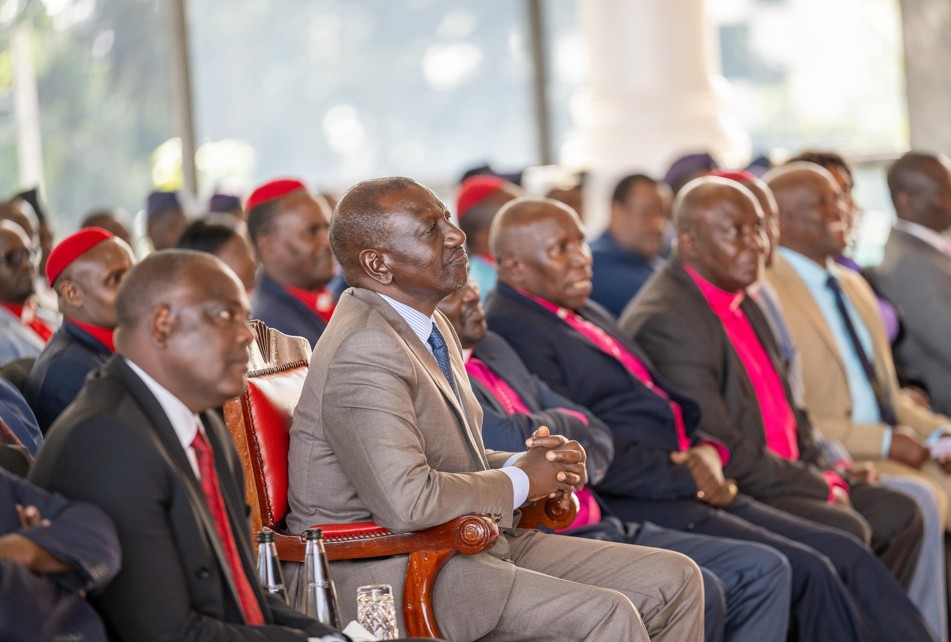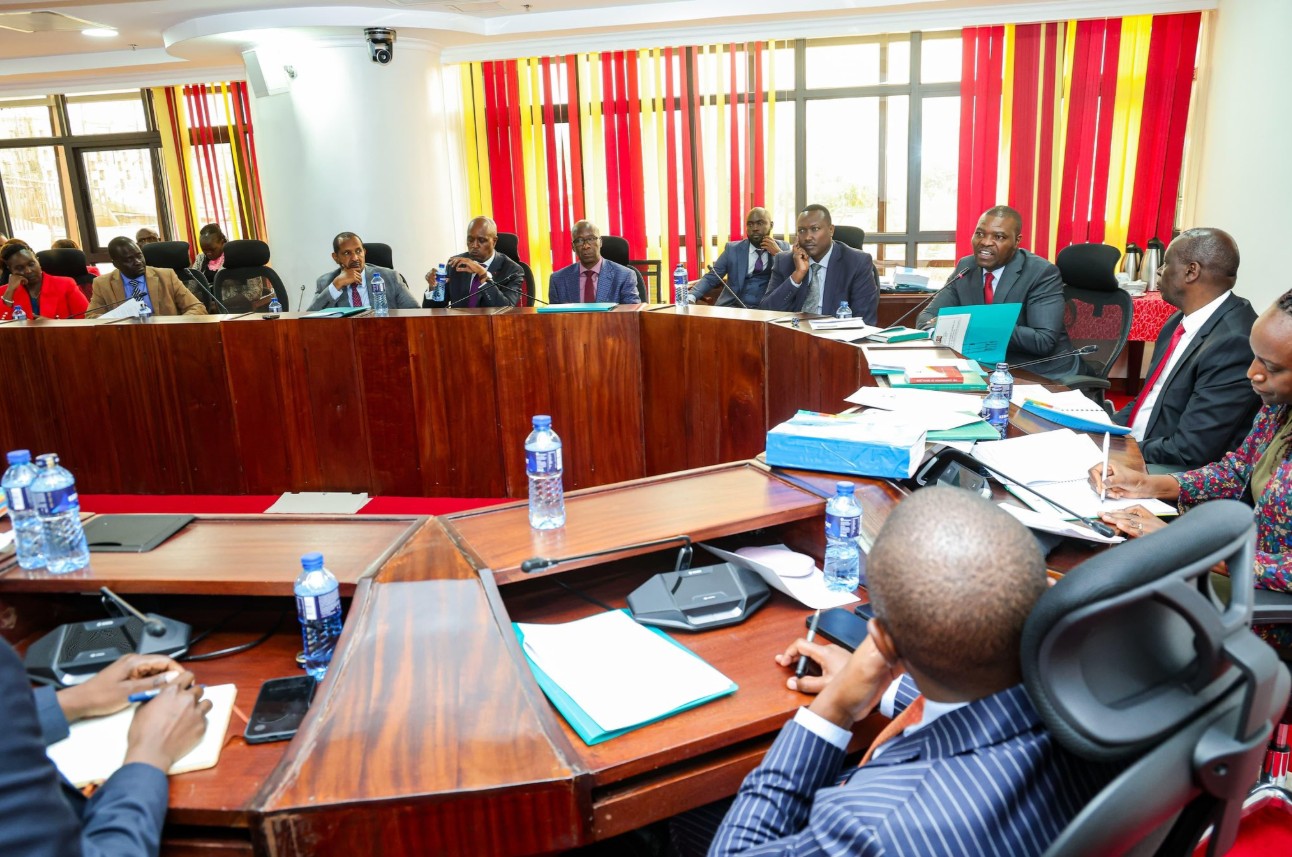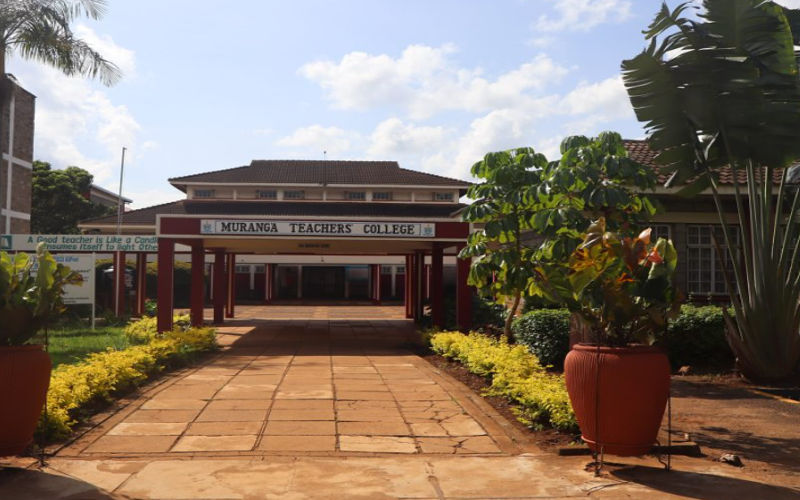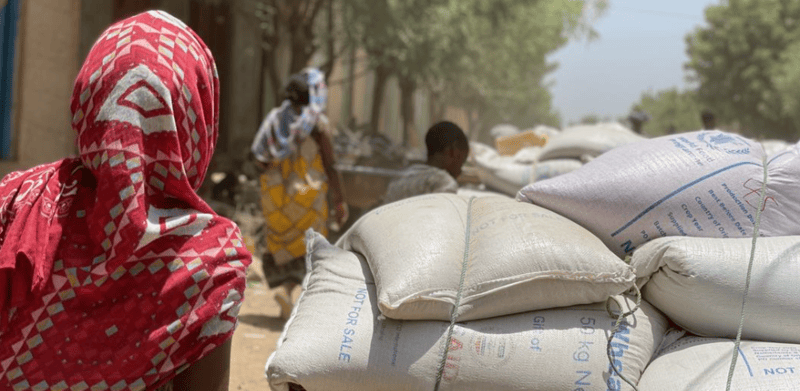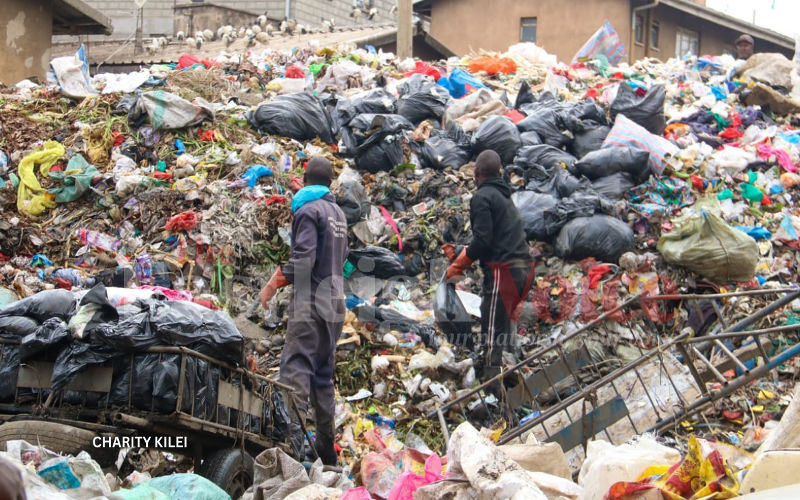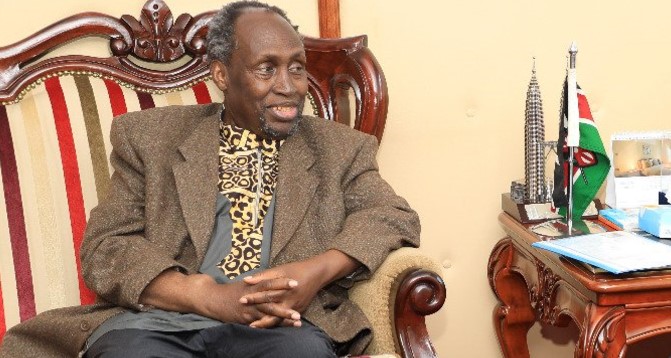Kenya losing Sh3 billion daily to corruption, manufacturers association says
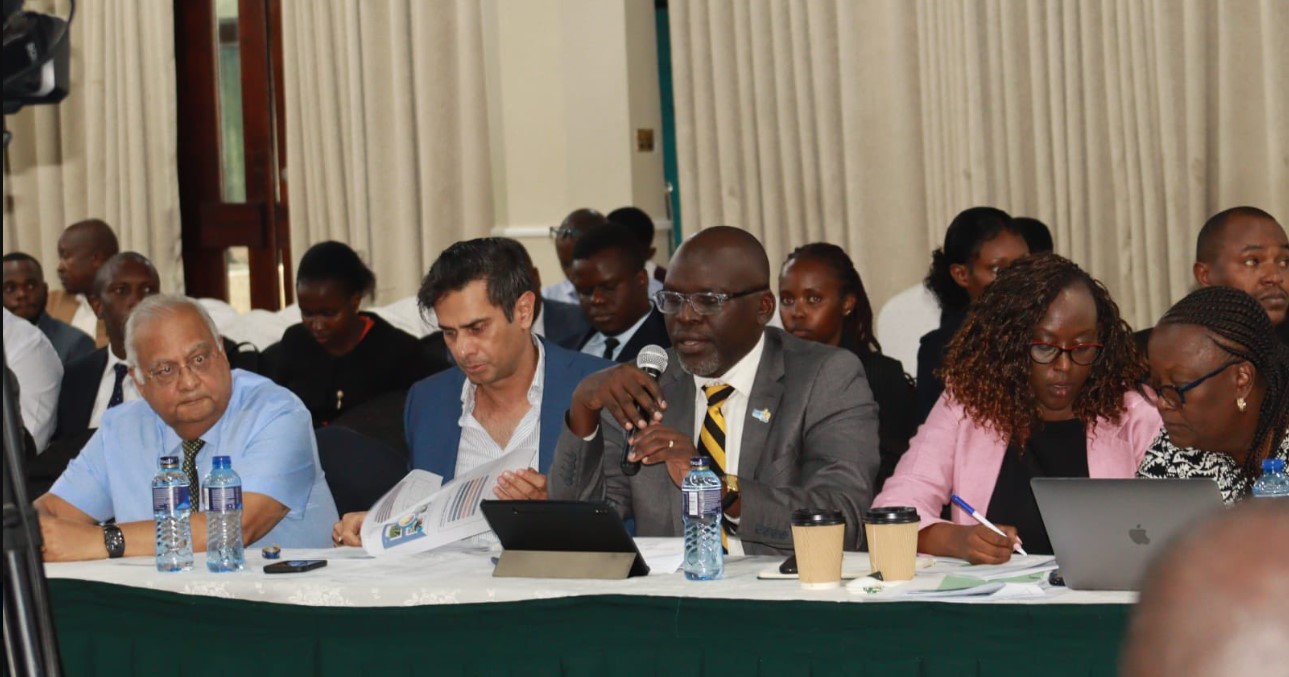
The government's efforts to reform the economy and encourage industrialisation are being undermined by the widespread corruption that drains public funds.
Kenya is losing an estimated Sh3 billion daily to corruption, a staggering figure that the Kenya Association of Manufacturers (KAM) believes could otherwise be used to bolster the country's manufacturing sector.
The money, which is being lost through mismanagement and corruption, could be redirected into investments aimed at creating jobs and promoting locally produced goods, KAM says.
More To Read
- EACC says no complaints lodged on MPs’ bribery claims, probe into CDF mismanagement ongoing
- EACC submits 89 graft cases involving top officials to ODPP for prosecution
- Calls grow for disbandment of Ruto's multi-agency team on corruption over legal gaps
- EACC summons Garissa Governor Nathif Jama over alleged embezzlement of funds, irregular hiring
- Court suspends Ruto’s anti-corruption taskforce pending hearing of case
- NTSA releases list of licensed vehicle body builders and assessors
Speaking at a presentation to the National Assembly's Finance Committee on Tuesday, Bharat Shah, a trade expert with KAM, described the situation as dire.
"We are not losing Sh2 billion through corruption as alluded by Treasury CS, we are losing Sh3 billion daily through wastage of public resources attained by taxes," Shah said.
The manufacturers' group pointed out that this daily loss is a major impediment to the country's economic development, especially as it seeks to promote industrialisation and create employment.
KAM also raised concerns about the high cost of industrial materials, which it believes is further slowing down the growth of the manufacturing sector.
"We will close all industries at this rate of taxation. The cost of building materials is also very high," Shah said.
The association's sentiments highlight how rising costs, driven by both corruption and high taxation, are making it harder for businesses to thrive and contribute meaningfully to the economy.
Proposed tax laws
The Law Society of Kenya (LSK), along with other organisations including Safaricom, American Towers Kenya, and the Alcohol Brewers Association of Kenya (ABAK), echoed concerns over the proposed tax laws by Treasury, urging the government to consider the impact on the common citizen.
LSK called for a more balanced approach, urging the authorities to carefully evaluate the potential burden on ordinary Kenyans before introducing new taxes.
Cynthia Koech, a tax expert with Safaricom, weighed in on the issue, noting that some expenses incurred by businesses should not be classified as allowable taxes.
"Some of the expenses we are undertaking should not be classified as allowable taxes," she said, highlighting the challenges businesses face in the current tax environment.
The discussions come at a time when Kenya is grappling with a rising cost of living, increased taxes, and the ongoing challenge of public sector corruption.
The government's efforts to reform the economy and encourage industrialisation are being undermined by the widespread corruption that drains public funds and discourages investment.
Top Stories Today
Reader Comments
Trending


